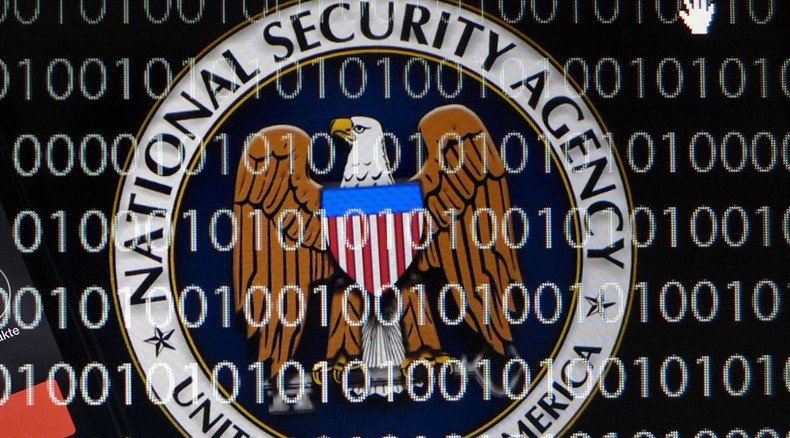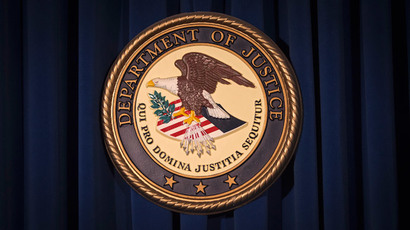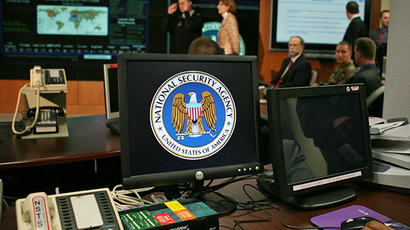Federal court rules in favor of NSA bulk snooping, White House happy

Despite the opposition of the US public and lawmakers to NSA surveillance, the courts keep handing the Obama administration the license to snoop. A US appeals court just threw out a 2013 verdict against the NSA, to White House approval.
The decision vindicates the government’s stance that NSA’s bulk surveillance programs are constitutional, the White House said Friday.
Three judges at the US Court of Appeals for the District of Columbia Circuit said the plaintiffs, Larry Klayman and Charles Strange, had no standing to file the original claim, since they could not prove the NSA actually collected any of their records. While Klayman and Strange objected that the NSA refused to provide the evidence, the judges said that was working as intended.
“Plaintiffs complain that the government should not be allowed to avoid liability simply by keeping the material classified. But the government’s silence regarding the scope of bulk collection is a feature of the program, not a bug,” Judge Stephen F. Williams wrote.
Klayman and Strange initially won their case before US District Court Judge Richard Leon in December 2013, challenging the NSA’s bulk collection program under Section 215 of the USA Patriot Act. The controversial section expired at the end of May, after a bipartisan group of lawmakers filibustered to prevent its extension.
Under the subsequently passed USA Freedom Act, the collection of metadata will be entrusted to telecom companies, and the NSA will be able to obtain the records through seeking a warrant from the FISA court.
Let us spy for 6 months more: NSA asks court for extension of expired surveillance program http://t.co/MKOQh3IwKOpic.twitter.com/pYShPUG8D1
— RT America (@RT_America) June 8, 2015Within hours of the USA Freedom Act being signed into law, the Obama Administration petitioned to the FISA court to authorize the continuation of NSA’s bulk collections under Section 215, citing the new law’s provision allowing for a 180-day transition period. The court ruled in favor of the government, allowing the NSA to restart the program it had to shut down on May 31, and run it through November 2015.
License to snoop: Court revives #NSA spy program through December http://t.co/SvgaX9rJIKpic.twitter.com/ZowWSmZJ6m
— RT America (@RT_America) June 30, 2015The NSA’s blanket phone record collection program was kept secret from the public until a contractor for the agency, Edward Snowden, disclosed it to the media in June 2013. The program involved capturing the metadata of millions of phone calls, such as call length and the numbers that were dialed.
The program was originally ruled unlawful in the December 2013 case Klayman v. Obama. The US government has maintained that the program was authorized under Section 215 of the Patriot Act, which allows the government to collect business records.














